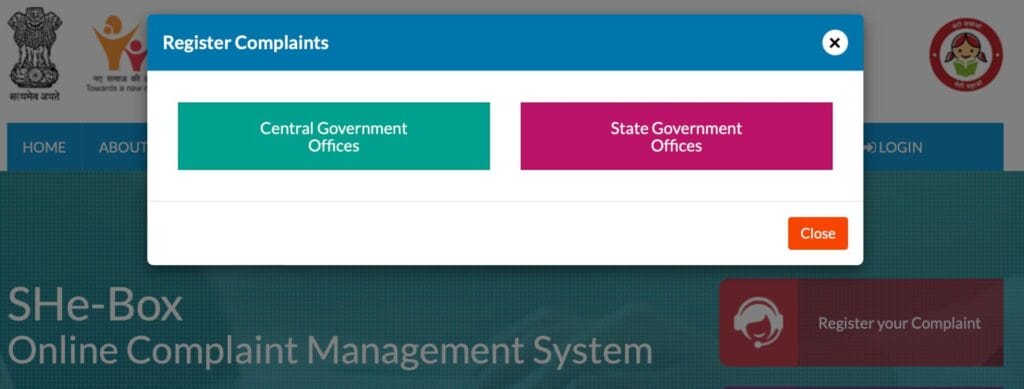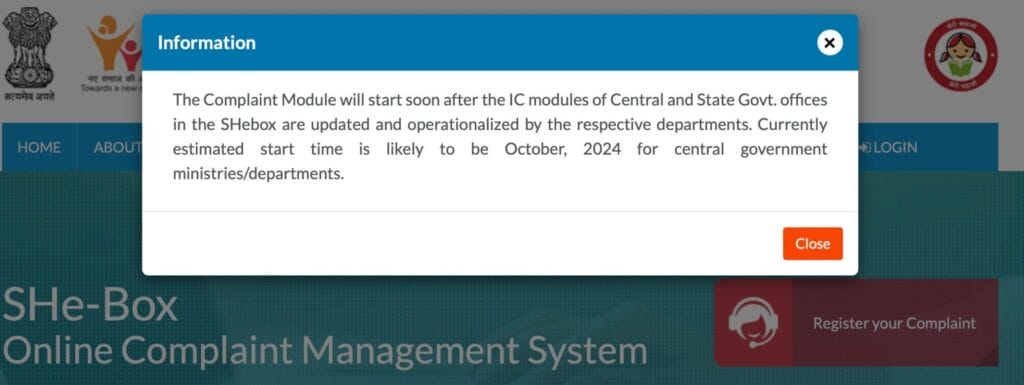As a very young working professional at my first job, I was once required to take a long leave to be care-giver to two family members. A much older male colleague, knowing my situation, started calling me every day, making me feel highly uncomfortable. Each time the landline rang, my heart would thud in my chest, and my legs would get wobbly. I had no one to turn to, to ask for help or advice. Finally, gathering all the courage I could muster, and summoning my sternest voice, I told him I did not want to talk to him.
In my discussions with women friends and colleagues, I realised that almost everyone I spoke to had experienced sexual harassment at their workplace: suggestive messages, lewd comments, stalking and the list went on.
The POSH Act- Sexual Harassment of Women at Workplace (Prevention, Prohibition and Redressal) 2013 was enacted by the Government of India (GoI) to create safe workplaces for women. The Act aims to prevent sexual harassment at the workplace, protect women from it, and carry out redressal of complaints. It covers women from the public and private sectors, and the organised and unorganised sectors.
In order to facilitate the registration of complaints and the implementation of the PoSH Act, GoI launched a single-window online portal in 2017 called the Sexual Harassment Electronic Box (SHe-Box). The Union Ministry of Women and Child Development relaunched this portal on 29th August.
What is the SHe Box Portal?
The press statement quoted Union Minister Annapurna Devi, who launched the portal, saying, “This initiative furthers the government’s commitment to creating a safer and more inclusive working environment for women across India.”
The portal is exclusively meant for complaints of sexual harassment taking place at the workplace. The complainant could be working at the place or visiting the place or even be a student.
The drop box menu in the user manual says the nature of employment could be:
- regular employee
- temporary/contractual/ad hoc/daily wager
- hired directly through agent/contractor
- on remuneration/voluntary basis
- student in any educational institution/academy or organisation
- probationer/trainee/intern
- visitor to office
- domestic worker
To register a complaint, the complainant must have a registered mobile number and email address. Someone else can also report on behalf of the complainant, in case they are unable to do so. It is necessary to mention this in the form.
Read more: Helping boys and men become change agents in the gender equality movement
How to use the SHe Box Portal?
- Enter the URL https://shebox.wcd.gov.in/ in the address bar of your browser.
- On the homepage of the portal, click on “Register your Complaint”.
- Fill out the form, ensuring all mandatory details are added. The form asks for information such as the name and work status of the complainant, mobile number, email address, nature of work etc.
- The next page asks for details of the respondent such as their name, email address, working relationship between the complainant and the respondent, ministry and department if the respondent is a government employee.
- After ensuring all mandatory details are filled, submit the complaint.
- The portal also allows one to check the status of the complaint
What happens after the complaint is registered?
The webpage of the portal says, “Once a complaint is submitted to the SHe Box, it will be directly sent to the concerned authority, having jurisdiction to take action in the matter.” The “concerned authority” in this case is the Internal Committee (IC) or the Local Committee (LC).
The PoSH Act requires an IC to be formed at any organisation which has ten or more employees. In case the number of employees is less than ten, the authority will be the LC.
In case the complainant faces harassment while visiting another organisation, the IC of the respondent will be forwarded the complaint. In case, the respondent does not work at an organisation, such as in the case of a domestic worker, the authority will be the LC.
Read more: Can women reclaim our streets? Gender-inclusive and safe public spaces a dream in Chennai
Is SHe Box a toothless tiger?
“The problem starts with them having an online portal,” says Sumitra Acharya, a lawyer at the Centre for Women and the Law at the National Law School of India University. Women who have no access to the internet or may not be literate automatically fall outside the ambit of this portal. Moreover, a registered email address and mobile number are necessary to register a complaint according to the website.
According to the Ministry of Statistics and Programme Implementation, in the year 2022-23, the female literacy rate in rural India was 70.3% and in urban areas, it was 84.6% and the national rate was 74.2%.
Not to mention, the user manual is available only in English and Hindi. Sumitra reiterates, “It’s not reaching everybody. That is for sure.”
But the most glaring problem at the moment is that the portal allows only government (central and state) employees to register complaints. “That statement on the first page that private employees can also complain, organised sector (and) unorganised sector is not correct. The entire private sector is completely ignored,” says Dr Sandya Advani, PoSH consultant and founder of POSH Systems.com. She also points out that the website does not mention when that will change.
Surprisingly, private sector employees had the option to register complaints before the relaunch. Dr. Sandya says, “Clearly they have really regressed rather than progressed in this.”


Pic: https://shebox.wcd.gov.in
Also, at the moment the portal is not functional even for government employees. When one tries to register a complaint it says that the module will become operational by October.
Dr Sandya questions how many Micro, Small and Medium Enterprises (MSMEs) are in compliance. She calls the portal a toothless tiger, one who looks fierce, but can’t do much.

How can SHe Box be improved?
Both Sumitra and Dr Sandya agree that the SHe Box portal is a step in the right direction, but could do with improvements. For example, at the moment the portal does not specify whether transwomen can make use of this facility.
Sumitra suggests that the portal should have a feedback mechanism built into it, giving women the chance to inform the Ministry if the process of redressal was carried out effectively.
All organisations are required to submit a PoSH compliance annual report to LCs. Dr Sandya believes the website should list the LCs, and standardise the report format. Data about LCs will also make it easier for women in the unorganised sector to lodge complaints.
Undoubtedly a necessary step to create safe working environments for women, the portal needs to be made more accessible and inclusive.
Can anybody get a clarity as to when she box will start officially?